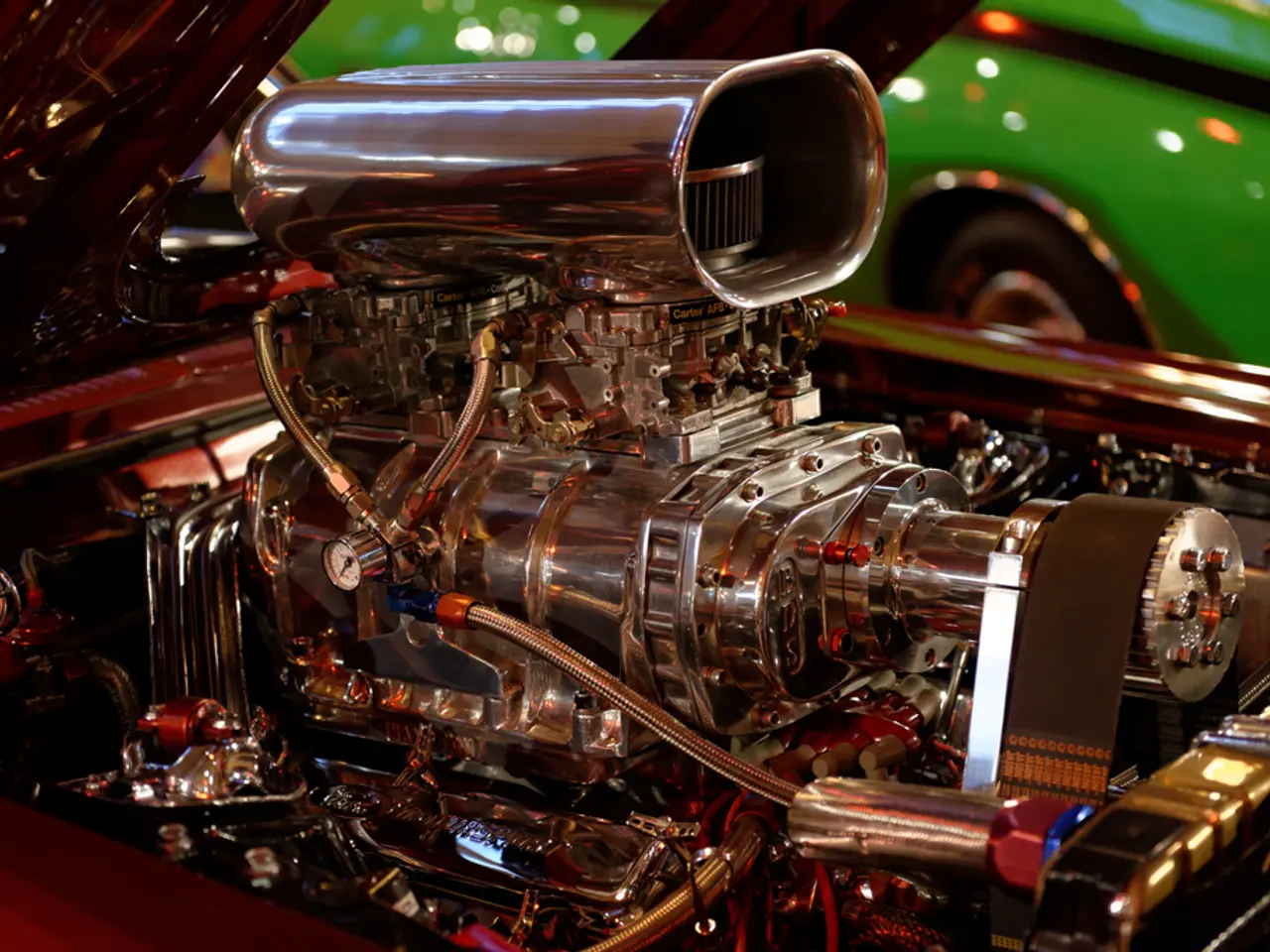Expanding Presence: Artificial Intelligence Impacting the Automotive Sector Expanding Presence: Artificial Intelligence Impacting the Automotive Sector
In the rapidly evolving world of automotive manufacturing, artificial intelligence (AI) is playing an increasingly significant role. Companies like Audi, Toyota, and BMW are leveraging AI to become more data-driven, optimizing processes, and enhancing product offerings.
Audi, for instance, is using AI to improve its 'myAudi' app, offering real-time information about fuel level, vehicle location, and more. This data-driven approach extends to their sales and marketing division, helping them make informed decisions and refine strategies.
Toyota is also harnessing AI tools to collect and analyze customer interactions data, guiding business decisions, enhancing product offerings, and refining marketing strategies. AI systems used by Toyota can provide personalized service recommendations and advice, improving customer experience and increasing potential for upselling.
The Japanese automaker is also investing in automating routine customer-service tasks with AI, reducing labor costs associated with staffing customer service centers. Toyota's new tech campus, Woven City, will use AI to aid remote interaction with its projects and refine operating systems by combining video data analysis with artificial intelligence.
BMW is another automaker making strides in AI integration. Through its BMW ConnectedDrive platform, BMW collects data from over 23 million vehicles worldwide. This data is used to identify quality issues, release updates to improve performance, and make enhancements to future products.
The use of AI-driven predictive data, however, remains underutilized by dealers, according to a Lotlinx report. Only 5% of dealers are currently utilizing AI and data for predictive maintenance or inventory management and pricing optimization. This underutilization highlights a missed opportunity for enhancing service offerings and improving financial performance.
Looking ahead, a report by Thomas, based on responses from 367 industry executives in late-2024, states that three out of 10 auto manufacturers are most optimistic about AI integration in 2025. German car manufacturers Mercedes-Benz and Audi are among those optimistic about integrating artificial intelligence by 2025. Mercedes-Benz plans to continue cloud migration and uses AI to optimize value chains and production flexibility; Audi is also advancing in AI integration strategies for digital transformation in automotive.
Experts agree that striking the right balance between exploring creative AI use cases and scaling proven applications is crucial to long-term success. Manuel Schuler, global leader of automotive and industrial manufacturing at BearingPoint, emphasizes the importance of high-quality data as the foundation for any successful AI-driven application. He also suggests that combining old-school expert research with AI-driven insight can help companies achieve faster and more reliable results.
Moreover, AI can be used to analyze customer needs and segment buyers into different categories based on their future sales potential, allowing data-based decisions to be made about who receives an invitation to buy a limited-edition model. AI also helps automate routine tasks, allowing employees to focus on creative ideas and strategic decision-making.
As the automotive industry continues to evolve, AI is set to play a pivotal role in shaping the future of automotive manufacturing, offering opportunities for innovation, efficiency, and improved customer experiences.








